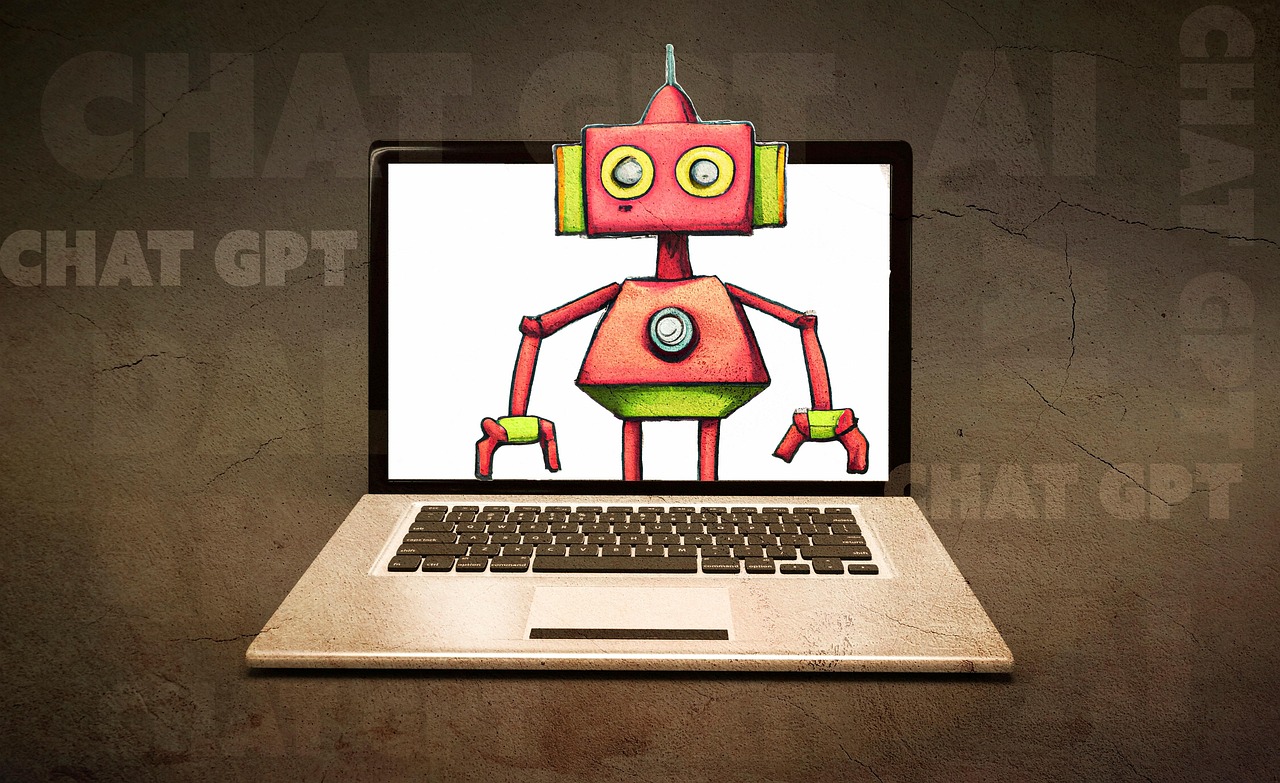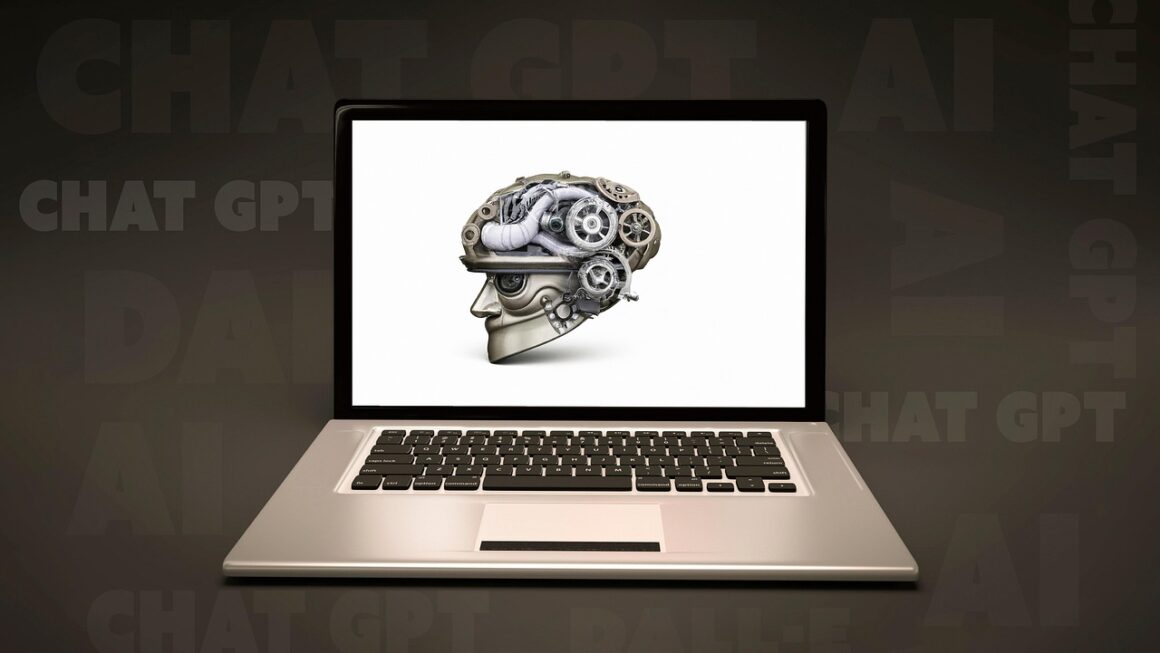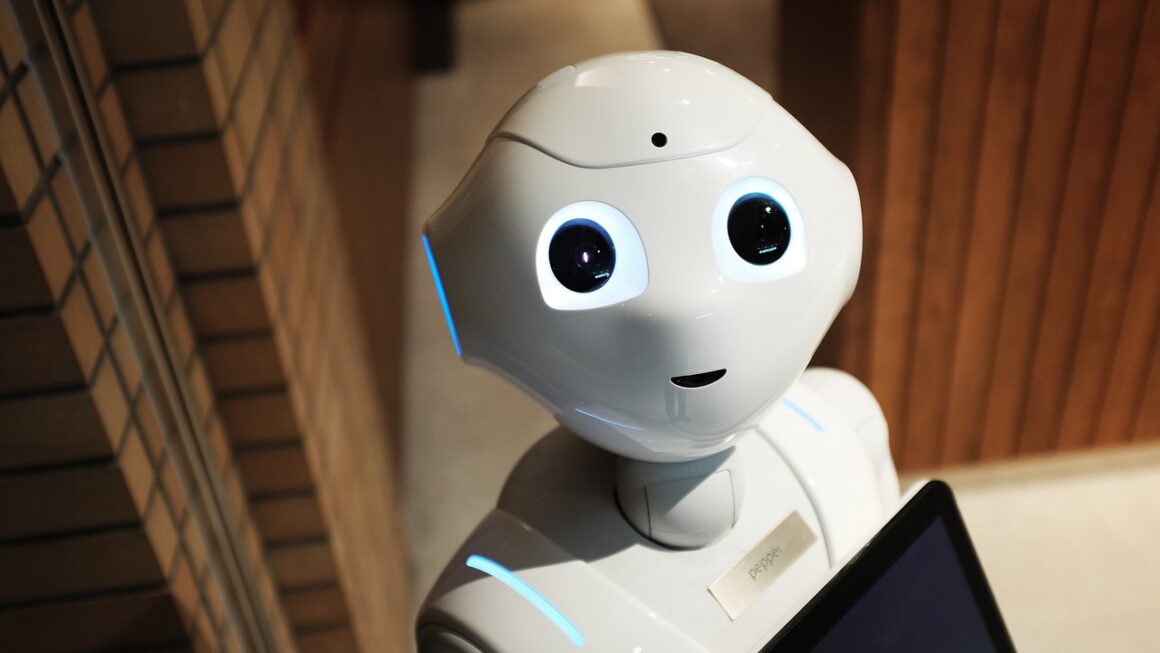Imagine waking up to the aroma of freshly brewed coffee, perfectly timed to your sleep cycle, followed by a curated news briefing tailored to your professional interests – all orchestrated by artificial intelligence. The AI lifestyle, once a futuristic fantasy, is rapidly becoming a tangible reality, impacting how we work, live, and interact with the world around us. From personalized healthcare to smart home automation, AI is quietly revolutionizing daily life, offering unprecedented convenience and efficiency. Let’s delve deeper into the various facets of this emerging paradigm.
AI in the Home: Smart Living Simplified
The integration of AI into our homes is perhaps the most visible aspect of the AI lifestyle. It’s transforming our living spaces into intelligent environments designed to anticipate and cater to our needs.
Smart Home Automation
- Intelligent Thermostats: Learn your temperature preferences and automatically adjust settings to optimize comfort and energy efficiency. Examples include Nest and Ecobee, which can save up to 10-12% on heating costs annually, according to studies.
- Smart Lighting Systems: Allow you to control lighting remotely, create customized scenes, and even adjust brightness based on natural light levels. Brands like Philips Hue offer a range of options.
- Smart Security Systems: Provide enhanced security with features like facial recognition, motion detection, and remote monitoring, alerting you to potential threats and providing peace of mind.
- Voice Assistants: Devices like Amazon Echo and Google Home serve as central hubs for controlling smart home devices, answering questions, playing music, and even making purchases.
Personalized Entertainment
- AI-Powered Music Streaming: Platforms like Spotify and Apple Music use AI algorithms to analyze your listening habits and recommend songs and playlists tailored to your tastes.
- Intelligent TV Recommendations: Streaming services such as Netflix and Amazon Prime Video leverage AI to suggest movies and TV shows based on your viewing history and preferences. This reduces decision fatigue and helps you discover new content you might enjoy.
- Gaming Enhancements: AI is used in video games to create more realistic and challenging opponents, adapt to player skill levels, and generate dynamic storylines.
- Actionable Takeaway: Start small by integrating a single smart device, such as a smart speaker or thermostat, into your home. Experiment with its features and gradually expand your smart home ecosystem as you become more comfortable with AI technology.
AI in Healthcare: Personalized Wellness
AI is revolutionizing healthcare, enabling more accurate diagnoses, personalized treatment plans, and proactive health management.
AI-Powered Diagnostics
- Image Recognition: AI algorithms can analyze medical images like X-rays, MRIs, and CT scans to detect anomalies and assist doctors in making faster and more accurate diagnoses. For example, AI systems are being used to detect early signs of cancer with high accuracy.
- Disease Prediction: AI can analyze patient data to identify individuals at high risk of developing certain diseases, allowing for early intervention and preventative care.
- Drug Discovery: AI is accelerating the drug discovery process by analyzing vast amounts of data to identify potential drug candidates and predict their effectiveness.
Personalized Treatment Plans
- Tailored Medication: AI can analyze a patient’s genetic makeup and medical history to determine the most effective medication and dosage for their individual needs.
- Robotic Surgery: Robots assisted by AI can perform complex surgical procedures with greater precision and accuracy, reducing recovery times and improving patient outcomes.
- Remote Patient Monitoring: Wearable sensors and AI-powered platforms can monitor patients’ vital signs and health data remotely, allowing doctors to track their progress and intervene if necessary.
- Actionable Takeaway: Explore telehealth options that leverage AI for remote consultations and monitoring. Discuss with your doctor how AI-powered tools might enhance your personalized healthcare plan.
AI in Work and Productivity: Boosting Efficiency
AI is transforming the workplace, automating repetitive tasks, enhancing decision-making, and boosting overall productivity.
Automation of Repetitive Tasks
- Data Entry and Processing: AI can automate tedious tasks such as data entry, invoice processing, and report generation, freeing up employees to focus on more strategic and creative work.
- Customer Service Chatbots: AI-powered chatbots can handle routine customer inquiries, providing instant support and freeing up human agents to handle more complex issues.
- Email Management: AI can prioritize emails, filter out spam, and even draft responses, saving time and improving communication efficiency.
Enhanced Decision-Making
- Data Analysis and Insights: AI can analyze large datasets to identify trends, patterns, and insights that can inform business decisions and improve outcomes.
- Predictive Analytics: AI can forecast future trends and outcomes, allowing businesses to make more informed decisions about inventory management, marketing campaigns, and other strategic initiatives.
- Risk Assessment: AI can analyze data to identify potential risks and vulnerabilities, helping businesses to mitigate risks and protect their assets.
- Actionable Takeaway: Identify tasks in your workday that are repetitive and time-consuming. Research AI-powered tools that can automate these tasks and free up your time for more strategic activities.
AI in Transportation: The Future of Mobility
AI is poised to revolutionize transportation, making it safer, more efficient, and more sustainable.
Autonomous Vehicles
- Self-Driving Cars: AI is the driving force behind autonomous vehicles, enabling them to navigate roads, avoid obstacles, and make decisions without human intervention.
- Self-Driving Trucks: Autonomous trucks have the potential to revolutionize the logistics industry, reducing transportation costs, improving safety, and increasing efficiency.
- Drone Delivery: AI-powered drones are being used to deliver packages, food, and other goods, offering faster and more convenient delivery options.
Traffic Management
- Smart Traffic Lights: AI can analyze traffic patterns in real-time and adjust traffic light timings to optimize traffic flow and reduce congestion.
- Predictive Traffic Modeling: AI can forecast traffic conditions and provide drivers with real-time updates and alternative routes, helping them to avoid traffic jams and save time.
- Optimized Routing: AI can optimize delivery routes and schedules, reducing fuel consumption and emissions.
- Actionable Takeaway: Stay informed about the development of autonomous vehicle technology and its potential impact on your commute and transportation options. Consider using AI-powered navigation apps that provide real-time traffic updates and optimized routing.
Conclusion
The AI lifestyle is no longer a distant dream but a rapidly evolving reality that is transforming how we live, work, and interact with the world. By embracing AI technologies and integrating them into our daily routines, we can unlock unprecedented levels of convenience, efficiency, and personalization. From smart homes and personalized healthcare to AI-powered productivity tools and autonomous vehicles, the possibilities are endless. As AI continues to evolve, it is crucial to stay informed, adapt to new developments, and harness the power of AI to create a better and more fulfilling future.




